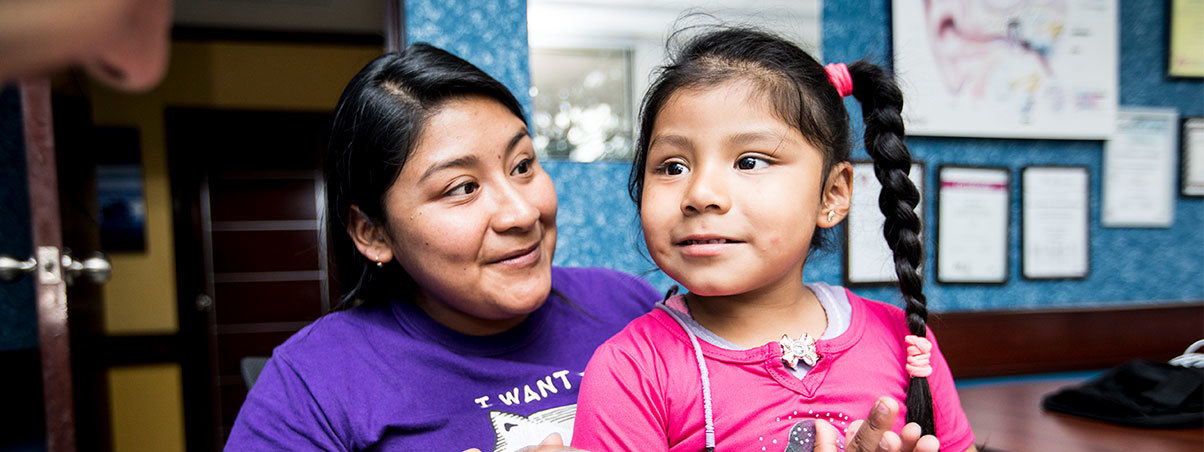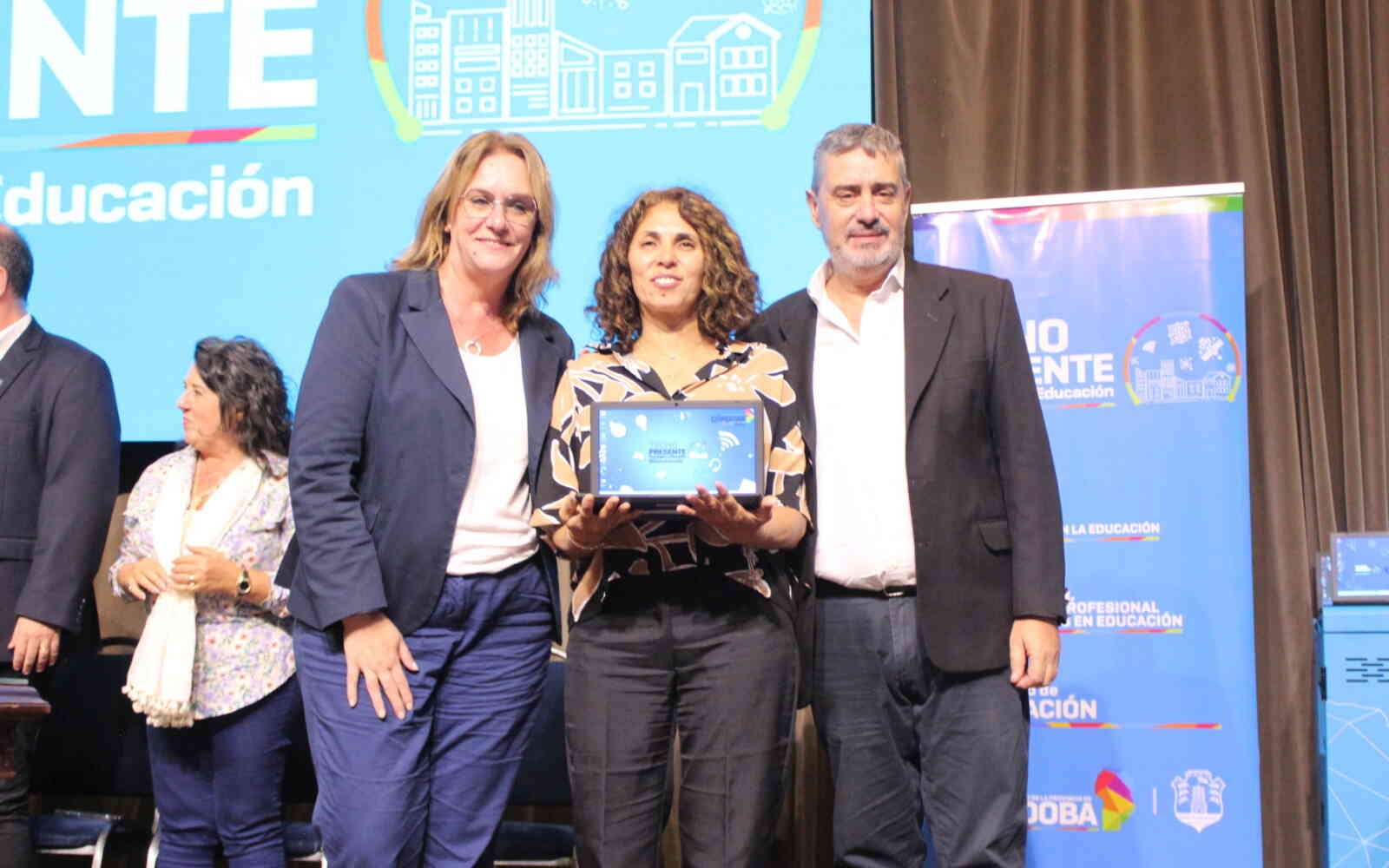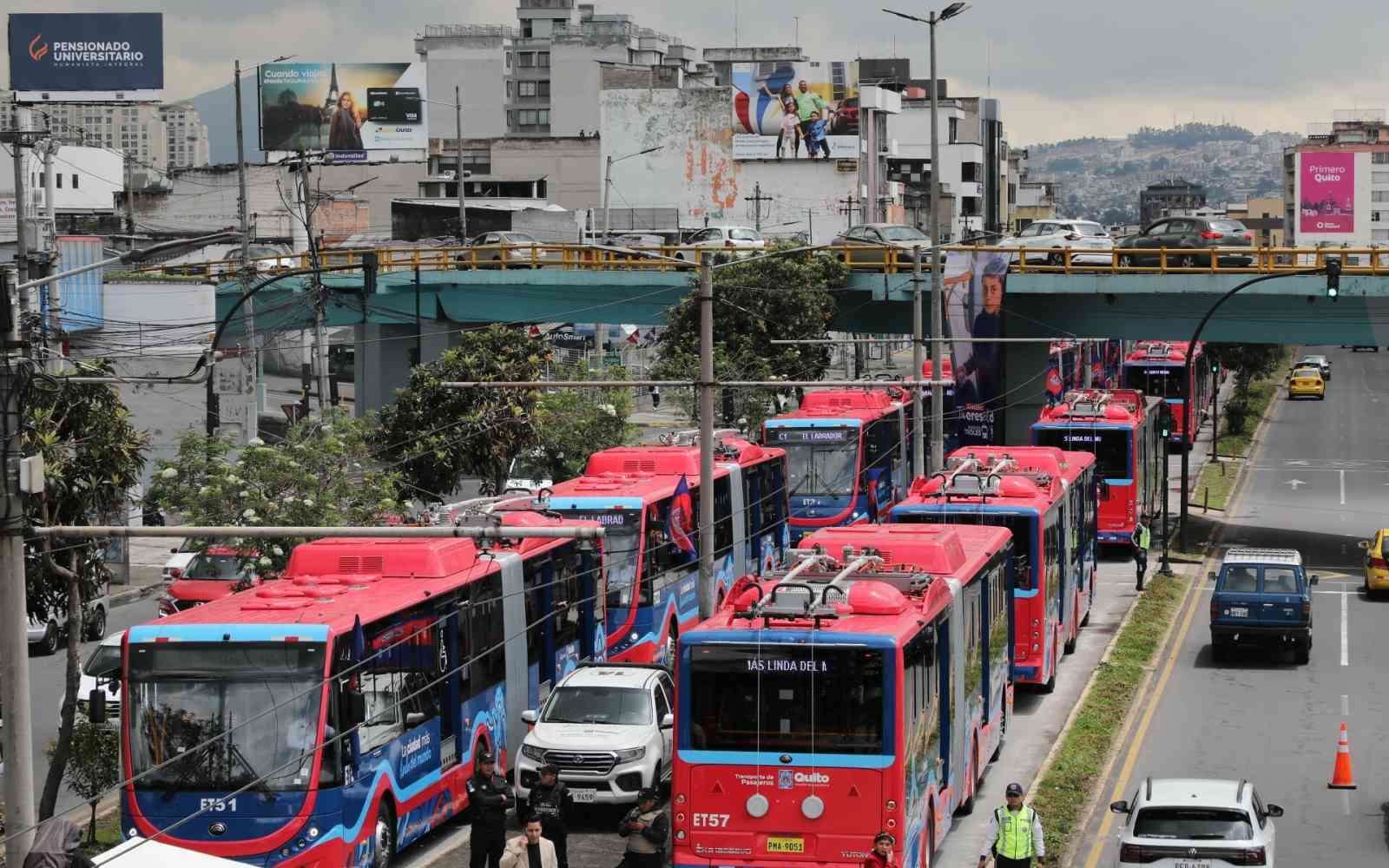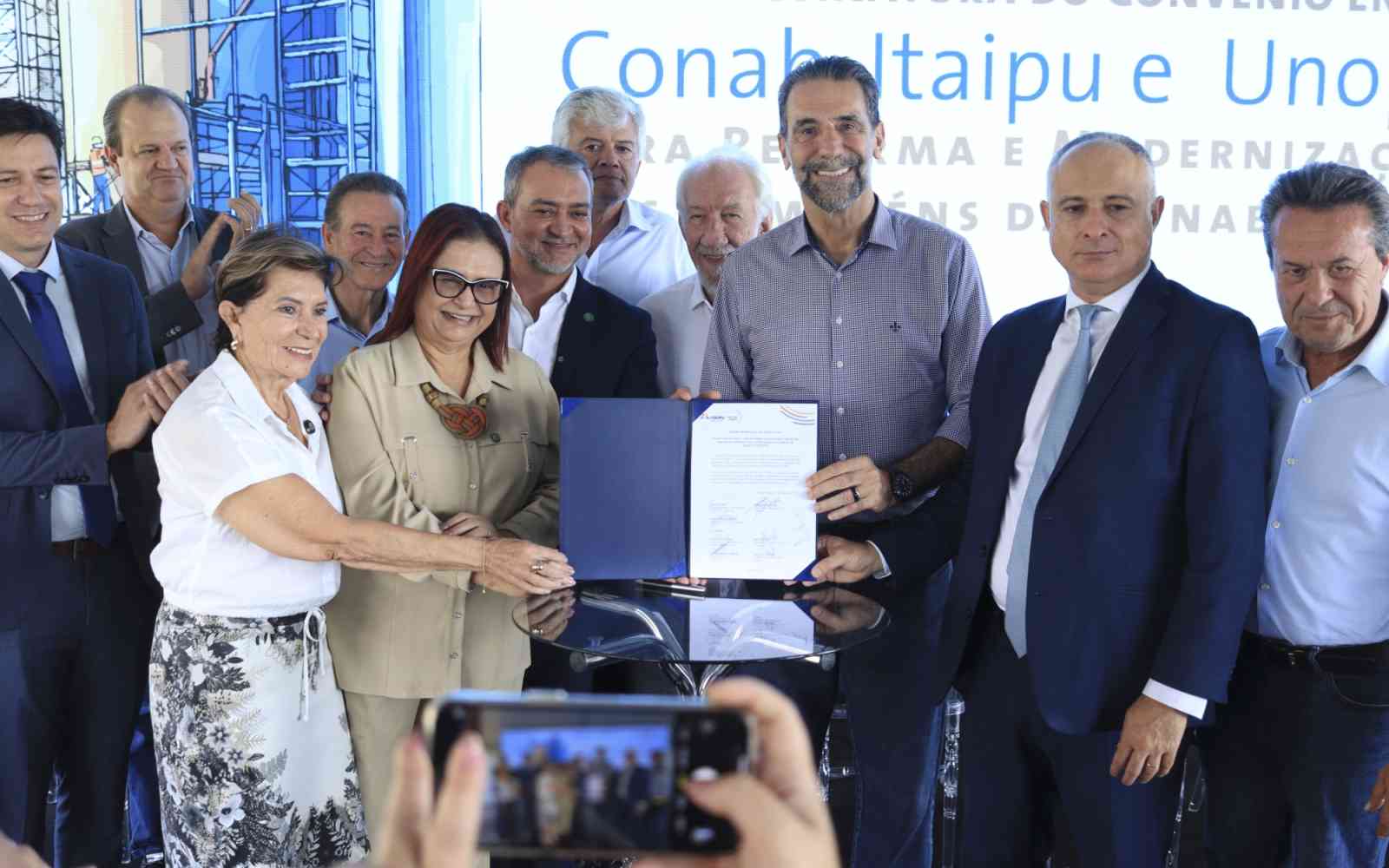The United Nations Office for Project Services (UNOPS)

Fighting corruption. Improving healthcare.
How fighting corruption and strengthening procurement capacities is bringing improved public healthcare for millions of people across Guatemala – and reaching those that need it most.
The government estimated savings of around $270 million – reporting an estimated 57 per cent savings on the purchase of medicines and 34 per cent savings in surgical medical supplies and cochlear implants since they began working with UNOPS.
In Guatemala, the public healthcare system struggles to keep up with the demands of an aging and ever-growing population. Limited resources, high medical costs, poor infrastructure and high levels of perceived corruption in the public sector only serve to further challenge the system.
In 2015, it was discovered that major cases of corruption were affecting medicine procurement in Guatemala’s Social Security Institute (IGSS) – the branch of government that provides, among other services, hospital and clinical services, pensions and income protection benefits. Certain suppliers were found to be unfairly benefiting from government procurement while medicine supplies for millions of Guatemalans were at risk.
Since then, UNOPS has been working with IGSS to improve transparency in its procurement processes, playing a fundamental role in the strengthening of institutional procurement capacities.
Building a system-wide culture that rejected corruption was no easy task, and UNOPS faced significant challenges – including legal disputes, protests and media coverage that attacked the merits of the project.
Over time, changes began to occur, and the benefits of a more transparent and efficient system became widely accepted. More vital medicine reached citizens who needed it. Healthcare facilities improved. And the delivery of services became more patient-friendly.
In this three-part series, we explore how Guatemalans across the country – from children living with disabilities to indigenous families living in rural areas – are benefiting from improved healthcare services, thanks to this groundbreaking project.















